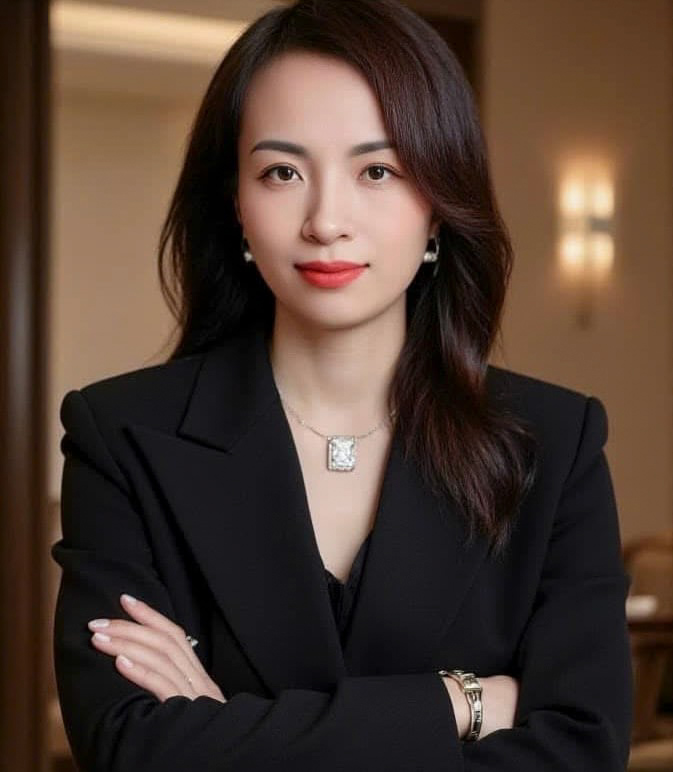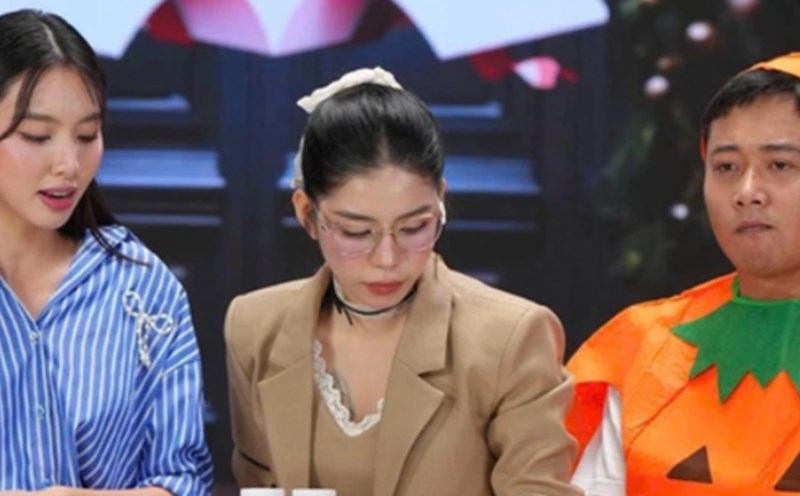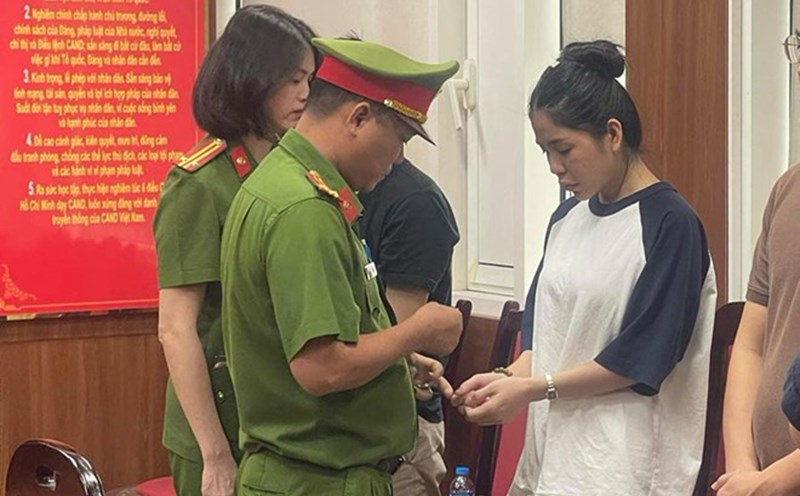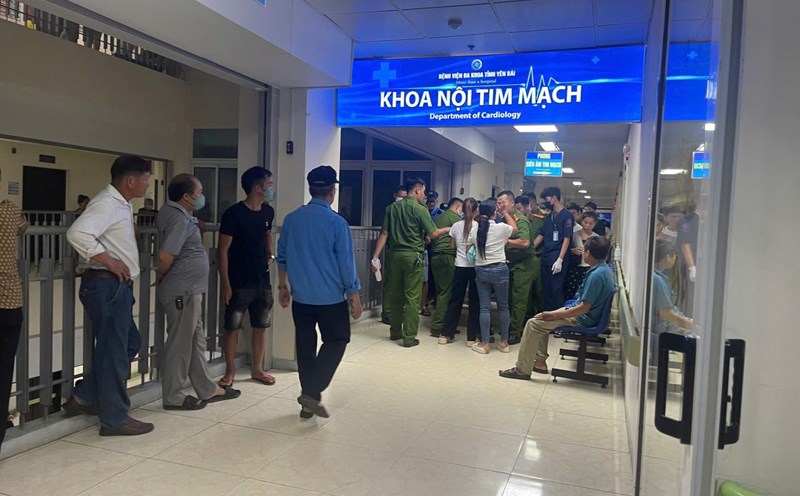Changes in the definition of "celebrity"
Media expert Tam An with 15 years of experience in the fields of journalism, media, and marketing, commented that an emerging trend is the rise of AI influencer (an influencer created by AI artificial intelligence).
For example, the virtual reality model Lil Miquela in the world or some experiments in Vietnam.
These are virtual characters created entirely by technology, possessing attractive images and the ability to interact like real people.
This trend opens up many trade opportunities but also poses challenges in terms of legality, ethics and transparency of content.
In addition, popularity has shifted from one-sided relationships to multi-dimensional interaction.
This is the time for "trust" to rise to the throne, replacing the "coverage" that has dominated for decades.
In the past, celebrities were often actors, singers, MCs, and had a team of professional managers. Currently, this concept has changed significantly.
Social networks have broken the one-sided media model, empowering audiences to choose and co-create content.
According to a 2023 survey by AspireIQ (an influencer marketing platform), brands investing in accounts with 1,000100,000 followers (micro- influenceencer) achieved a return on investment (ROI) rate of up to 60% higher than campaigns using celebrities or accounts with over 1 million followers.
The relationship between the public and celebrities is no longer one-sided but becomes multi-dimensional interaction.
Fans can chat, question, debate and even participate in the content creation process through comments, messages, livestreams.
This factor creates intimacy but also makes reputation more fragile, because any inappropriate statement or behavior can lead to a media crisis.
Celebrity today is no longer a race for stage lights, but a journey to build and maintain trust. In the influencer economy, trust is the strongest and most expensive currency that determines the long-term existence of each individual or brand in the eyes of the public, concluded media expert Tam An.
The set of KOL and KOC criteria such as " ethical framework" and "mspace"

According to Tam An media expert, transparency in trade relations, ensuring that advertisers have experienced products, as well as setting standards of conduct in cyberspace will contribute to consumer protection, enhancing social responsibility of influential people and creating a fair competitive environment.
When the market becomes more transparent, businesses will also have to change their strategies.
Instead of spending billions of dong on an A-list star, they can consider investing in an account with 1,000100,000 followers to reduce the risk of crisis and reach the right target audience better.
This shift forces brands to rethink how they build marketing strategies, towards sustainability instead of just chasing temporary effects, said expert Tam An.
The upcoming set of criteria will not only apply to real people but also to virtual characters, to avoid legal gaps when AI-generated influences are increasingly popular.
It is a necessary step to build a sustainable, transparent and responsible playground for everyone.
The National Cyber Security Association launched the "Digital Trust Alliance" to gather trusted KOLs, organizations and individuals in technology, media and society, together spreading positive values, raising public awareness, building a safe and civilized online environment.
The alliance calls for the voluntary participation of responsible KOLs, digital platforms, businesses, management agencies, the press and social organizations.











